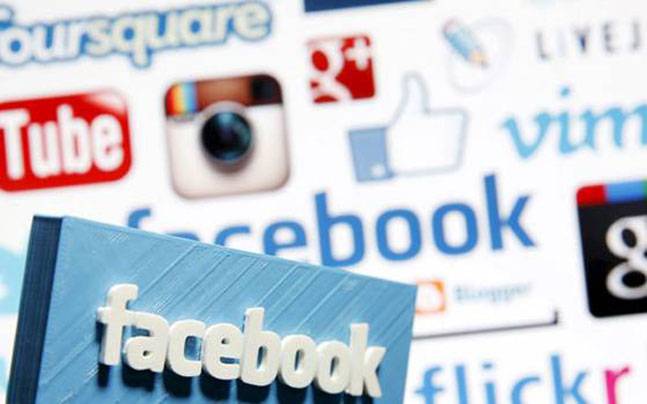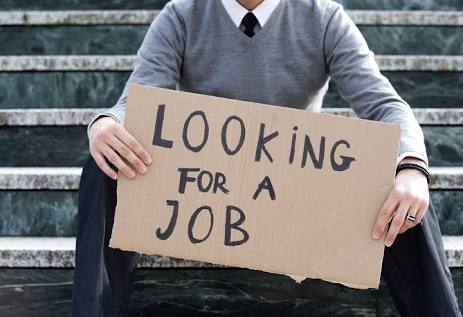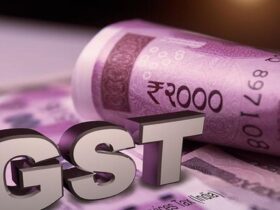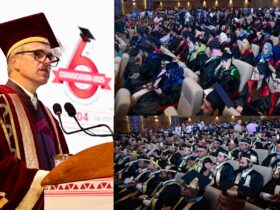Kashmir News Bureau
Srinagar 10 August (KNB): Mark Zuckerberg, the CEO and the Founder of Facebook, knew least that the platform he built in 2004 “to help connect people at colleges and a few schools”, could also become a vehicle to spread the ‘evil’ instantly and become an inspiration for many youth to do the ‘craziest and wildest stuff’. Given the unchecked access to smartphones bought almost solely for sophisticated cameras and uninterrupted internet services, the youth seem to take values for a ride.
Giving in to the tantrums and ‘saner arguments’ put forward by their wards about how important it is to stay connected in the virtual world and knowing themselves the positive side of social media, parents seem to have seized keeping a close eye on their children’s activity online. This has resulted in the anxiety among parents, as they continue to remain in the oblivion, and the moral decay in the youth.
According to a survey conducted in 2016 in United Kingdom, 40 percent of parents said that they were “concerned or extremely concerned about social media having a potentially damaging impact on children”.
If used with a caution and by adhering to the social networking sites’ guidelines, Facebook’s for instance, on criminal activity, sexual violence and exploitation, violence and graphic content, hate speech, nudity, etc., the social media could still live upto it expectations to help people live as a community which is connected, caring and morally upright.
In the backdrop of Kashmir conflict, the social media has come in handy in attracting more recruitment for the militant organisations. Burhan Wani, the slain young militant commander of Hizb-ul-Mujahideen outfit, used social media to attract more youth and send his message, as in a video uploaded on social media in 2016, Burhan is seen urging the youth to join him and asking the police to stop fighting against the militants. Post his death on July 8, 2016, the militant organizations continue to use social media, especially in confirming new recruitments.
Rumours also get a free ride on social media in Kashmir, as in the words of a Kashmir-based journalist who wrote on his Facebook account, “If rumours were a country, it would be Kashmir”. These rumours come with their own complications which often tend to lead to widespread chaos. The same was seen in 2016, when a rumour that some children had died due to expired vaccine was spread through social networking sites. People in thousands rushed to hospitals along with children who were administered pulse polio drops on that day. If it were not for the announcements made on television and radio, the chaos was unlikely to subside soon.
In Kashmir, where internet is often snapped by the state, many youth take to social media to live broadcast events unfolding before or around them, be it an encounter, a protest or an accident involving a local and a military vehicle.
Pertinently, according a recent report in the Hindu, a clampdown is underway in Jammu and Kashmir to contain the flow of ‘fake news’ on social media platforms.
In our part of the world, i.e. in Kashmir despite the sporadic internet, the use of social media is considered as only means of entertainment, as a result it has drew a major impact on every individual’s life and on corporations, entrepreneurs, nonprofit organizations, social groups, political parties, and government as well. (KNB)



















Leave a Reply